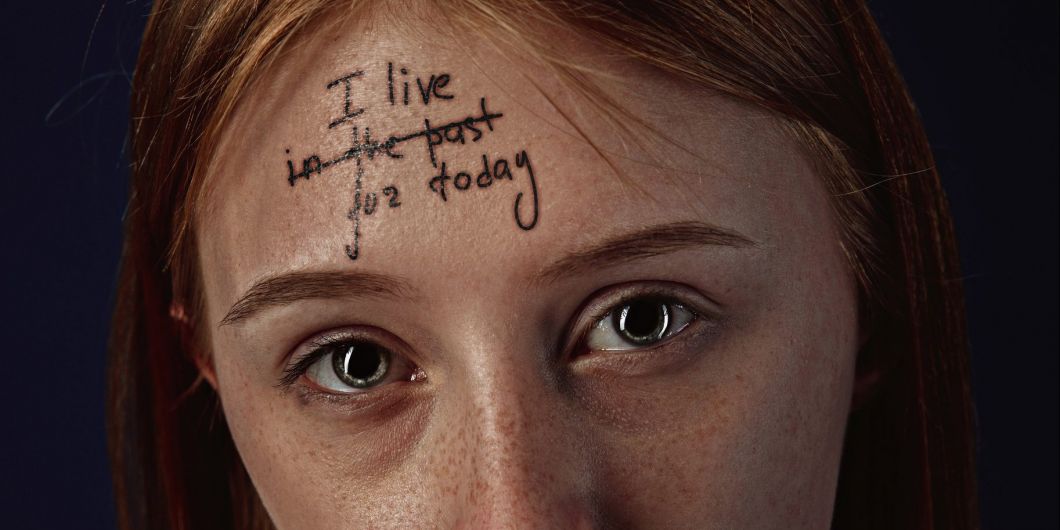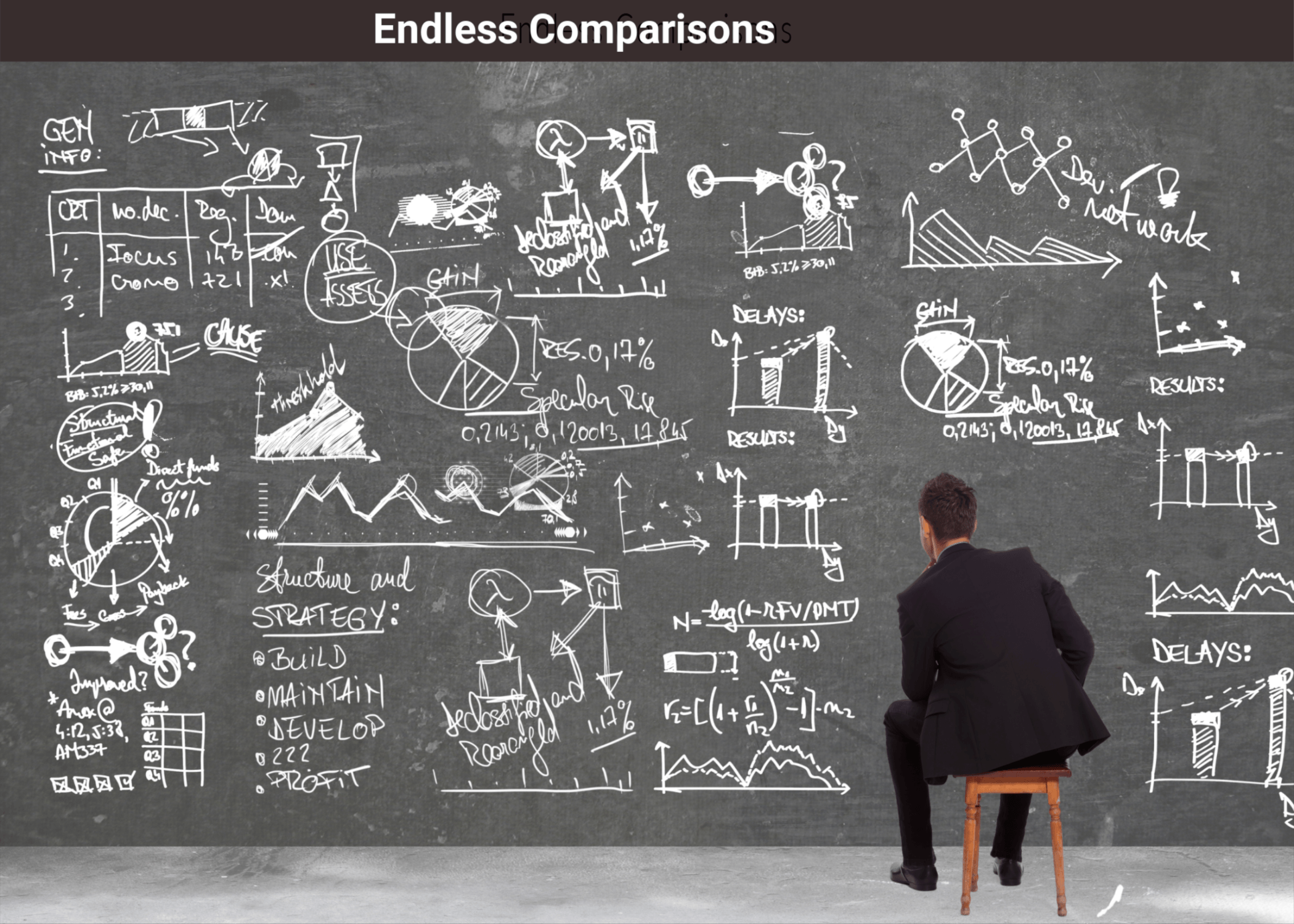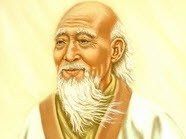- in Mindfulness by Tony
The Painful Past

After events take place in our lives, the mind analyses them and, for most of us, starts comparing 'what happened' with 'what should have happened', leading to feelings of guilt, remorse, anger and sadness.
The gap between what we want, and reality could be called 'The Abyss', and the bigger it is, the more unsatisfactory life seems to be.
More...
Mindfulness:
Plain & simple by Oli Doyle
Most people try to close that abyss by changing their life to fit their preferences, but life refuses to conform to our wishes, leaving us feeling frustrated and unfairly treated. In this book, we will look at the alternative, which is to close this abyss by working with our thoughts, with our story of 'what happened' and 'what should have happened'.
The story of 'what happened' could also be called 'what they did' or 'what I did' and could be compared to 'what they should have done' and 'what I should have done'.
The content of the stories doesn't matter as much as recognising the process at work, observing the mental habit of comparing reality - what is - with our imagined ideal - what should be. When we listen to the mind's stories about what should have happened, about what others or we should have done, we are no longer experiencing our actual lives, we are instead lost in the mind's tales of the past.
This leads to repetition of the same patterns of behaviour, to stress, anxiety, guilt, and to a general apathy toward life in general. Through practising mindfulness, we can learn how to come back to our experience right now instead of staying lost in this perpetual cycle.

The Practical Past vs the Painful Past
People often assume that living in the moment without being lost in stories of the past will inhibit our ability to learn from past experiences and plan, but this is simply not the case.
Many species learn from past experiences while experiencing each moment as it is, but humans allow the mind's stories of the past to contaminate our entire lives without necessarily learning much at all.
People carry around pain, suffering, grudges and fear, sometimes from things that happened decades before. There is nothing wrong with learning from the past, but the mind can continually replay painful memories accompanied by anger and thoughts that create suffering long after the event. This process not only causes immense pain, it also prevents us from living our lives now; and remember, this is the only life we have.
Constantly replaying these old memories, and dwelling on the thoughts associated with them, leads to similar events occurring in our lives again and again until we are finally able to let go of these stories of the past and move on.
This process of reliving the past is more like self-torture than a learning process because we replay all the major mistakes we remember making and relive things that people have done to us. This is what makes up the mind's view of the past, which it then uses as a template for projecting what will happen in the future, which seems understandably scary.
When we learn how to live life now, we can learn from the past clearly and peaceful, and then let it go. This robs the past of its power and makes life infinitely more enjoyable in the process. Freedom from this cycle is available here and now by focusing our attention on the present moment.
Take a few breaths and pay close attention to the different sensations you experience. Don't analyse or think about this process, just feel it physically.
By using the breath to bring our focus onto this moment, we can start to experience freedom from the mind.

Comparing is another mental habit that is a feature of human existence, and this happens continually. It can be clearly seen in the media where systems, movies, ideas and celebrities (among other things) are rated and compared. In our own minds, we can see this through the comparison of ourselves to others as the mind searches for security through superiority.
Our minds will think we are 'better than' certain people, which will affect the way we treat them. In turn, thinking we are 'worse than' other people may lead us to be nicer to them, to hide our own opinions until we know theirs and to do things, we would rather not in order to gain their approval.
This process also extends to our impression of our lives, with the mind comparing 'my life' to 'their life', as in 'I don't know why he's so miserable, I'd be happy if I had his lifestyle', or, 'I've had it pretty tough, but it's not as bad as what she went through.'
This leads us to envy those who appear better off than ourselves and to feel guilty when others are going through something we have been spared, like poverty or war for example. This guilt and envy may seem necessary to inspire us to make changes, but more often they lead to inaction and apathy.
When we are engaged in the present moment, we can act clearly and decisively to effect change, if change is needed, without the guilt, stress and anger that arise from these comparisons.

The mind also looks at different parts of our lives and compares them, longing for the good old days and hoping that everything will work out in the future. Stories like 'I hate being old, I wish I were young again.
Life was much more fun back then' or 'Life was so much better before I had kids. I can't wait till they leave home so I can be free again' arise in the minds of many people, leading to dissatisfaction with life as it is now. Ironically, after the kids leave home, parents often feel lonely and wish the kids came back to visit more often!
Therefore, the mind can never be happy because it focuses on what is lacking in the situation: not enough freedom, too much free time, and so on and so forth.
However, the mind's favourite comparison, and the one that causes the most pain, is to compare 'what is' with 'what should be'. This process involves forming a mental idea of the way things should be - or should have been - then comparing it with the way things are. This is such a normal mental process that for most people it happens totally subconsciously.
For example, you may think your parents should be more accepting, or that your partner should be nicer to you. This can lead to much time spent feeling resentful and upset, due to the unquestioned belief that something in your life should be different.
Attempts are often made to control, manipulate or impress other people because we believe we need something from them in order to find happiness.
The process of endless comparison eventually causes a feeling of separation from others who we compete with in order to feel better about ourselves. It also leaves us unable to enjoy the differences between people and situations, to enjoy things for what they are.
When we compare and analyse, our experience of life becomes very narrow with no room for anything that exists outside of 'what I want'.
We divide life into tiny bits, unable to enjoy the whole picture.
Without these comparisons, life is just as it is, no more and no less, and there is no need to change anything - including ourselves - in order to be happy.

The strange part is that none of these processes really give you anything, apart from a huge headache of course. We can learn from the past and plan without engaging in these painful, scary comparisons, which merely prevent us from enjoying life as it is now.
Living mindfully is much simpler once you know how and start to practise engaging with the present moment instead of constantly looking back and forward.
- When does your life take place?
- Where do you experience everything?
- Your life takes place now, and you experience everything here.
Even thinking about the past or the future happens in this moment, so does the past or the future really exist?
I am not suggesting that past events did not actually happen, or that our memories of them are not real, but where are they now? They are stored in the mind as thoughts, nothing more.
However, humans devote most of their attention to these ghosts residing in their minds. No wonder we have problems.
Just take a few minutes to sit quietly to bring peace and clarity into this very moment.

